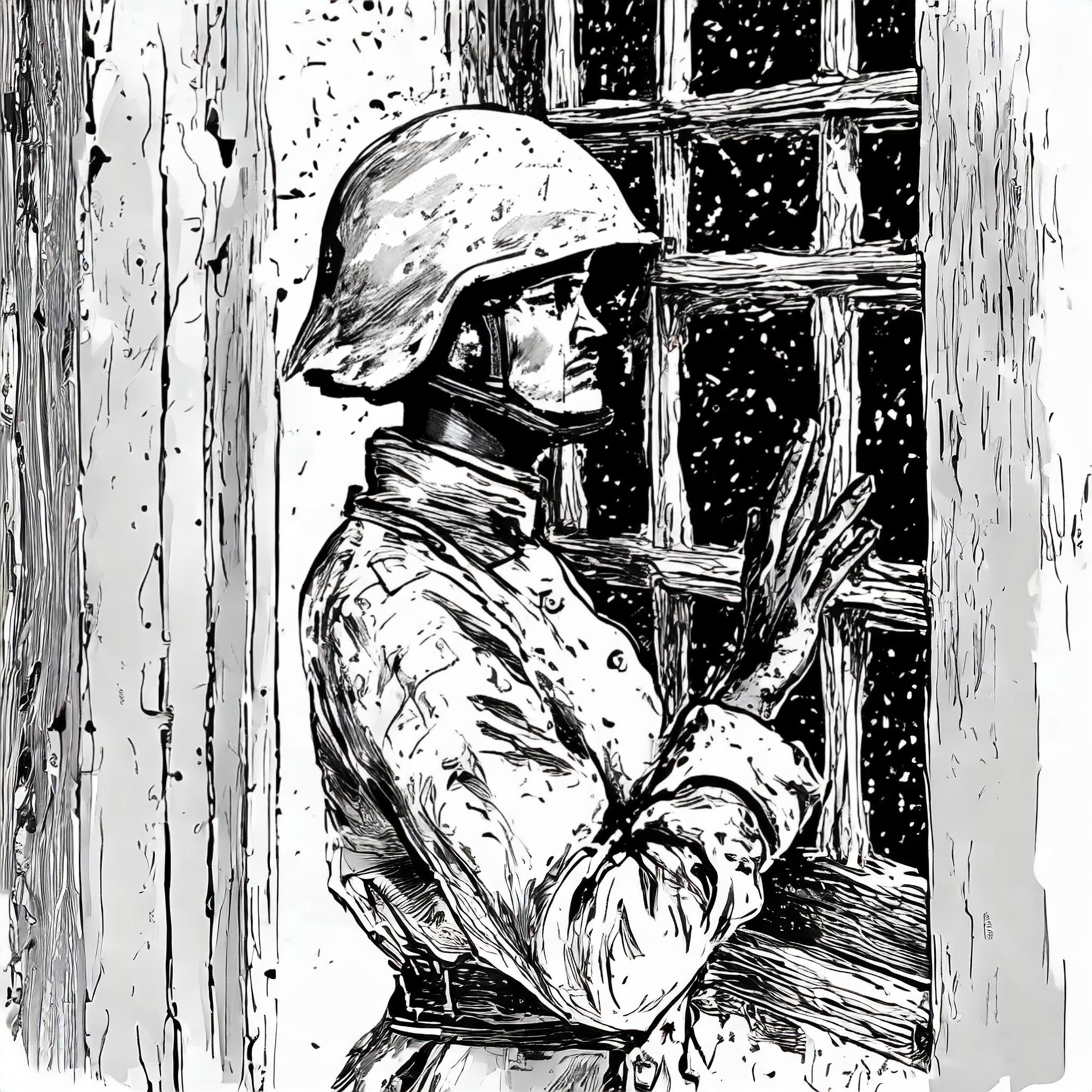We arrived home safely. Apart from the old damage, the apartment was intact. Mother quickly prepared a small snack, then our Italians said goodbye, and a few tears were shed.
This post has been moved. Please follow us on Medium to read and/or listen (!) to it in full.
The Bright Side of the Doom, a Prequel to 1984, The 18-Year-Old Who Wrote a Note and Disappeared is now available worldwide in bookstores as a hardcover, paperback, and e-book‼️
